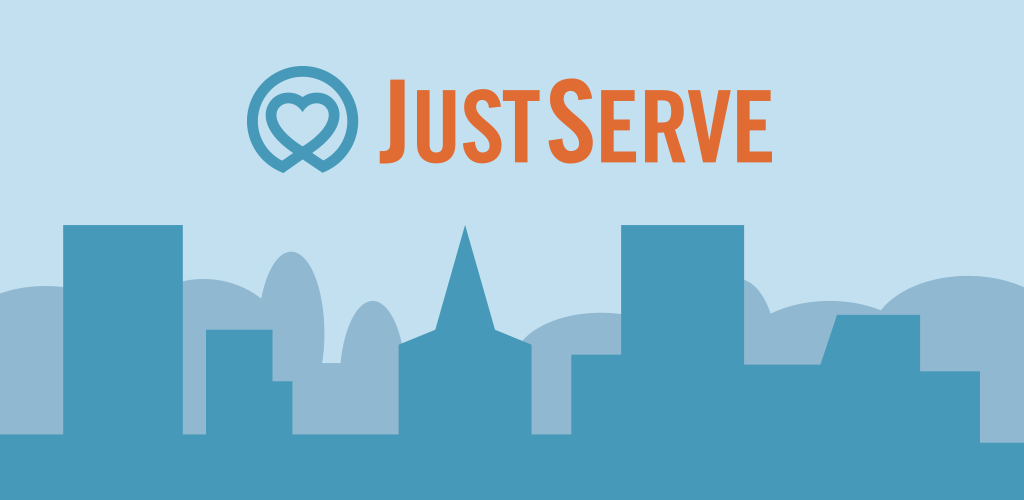Introduction to just serve
In a world where self-interest and personal gain often take center stage, the concept of “just serve” offers a refreshing alternative. This simple yet profound phrase encourages us to shift our focus from our own needs and desires to the needs of others. In this article, we’ll delve into the meaning and significance of “just serve,” exploring its benefits, challenges, and practical applications.
What Does it Mean to “Just Serve”?
At its core, “just serve” is about putting the needs of others before our own. It’s about recognizing that our actions have the power to impact those around us, and choosing to use that power for good.
“Serving others is not just about doing good deeds; it’s about cultivating a mindset of selflessness and compassion,” notes psychologist, Dr. Rachel Kim. “When we focus on serving others, we begin to see the world in a different light, and our own problems and concerns become less overwhelming.”

The Benefits of Serving Others
Research has shown that serving others has numerous benefits for both the giver and the receiver. Some of these benefits include:
Increased Happiness Studies have found that people who engage in acts of service experience increased happiness and satisfaction Improved Mental Health Serving others has been shown to reduce stress, anxiety, and depression Stronger Relationships When we serve others, we build stronger, more meaningful relationships with those around us.
Challenges of Serving Others
While serving others can be incredibly rewarding, it’s not always easy. Some common challenges include:
Self-Sacrifice Serving others often requires us to put their needs before our own, which can be difficult, especially when we’re feeling tired or overwhelmed Burnout If we’re not careful, serving others can lead to burnout, as we neglect our own needs and prioritize those of others Expectations We may have unrealistic expectations about what serving others will accomplish, or how others will respond to our efforts.
Practical Applications of “Just Serve”
So, how can we put the concept of “just serve” into practice in our daily lives? Here are a few ideas:
Volunteer Look for opportunities to volunteer in your community, whether it’s at a local soup kitchen, animal shelter, or nursing home Listen Actively Sometimes, the simplest way to serve others is to listen actively and attentively to what they have to say Offer to Help Whether it’s helping a friend move, running errands for a neighbor, or simply offering to help with household chores, there are countless ways to serve others in our daily lives.

Expert Insights and Analysis
Experts from various fields offer their insights and analysis on the concept of “just serve”:
“Serving others is not just a moral imperative; it’s also a key component of personal growth and development,” notes psychologist, Dr. Michael Brown. “When we focus on serving others, we begin to develop a sense of purpose and meaning that goes beyond our own individual needs and desires.”
Conclusion
In conclusion, the concept of “just serve” offers a powerful alternative to the self-interest and personal gain that often dominate our culture. By putting the needs of others before our own, we can experience increased happiness, improved mental health, and stronger relationships. As we move forward, let us continue to explore the many ways in which we can serve others, and cultivate a mindset of selflessness and compassion that benefits both ourselves and those around us.




